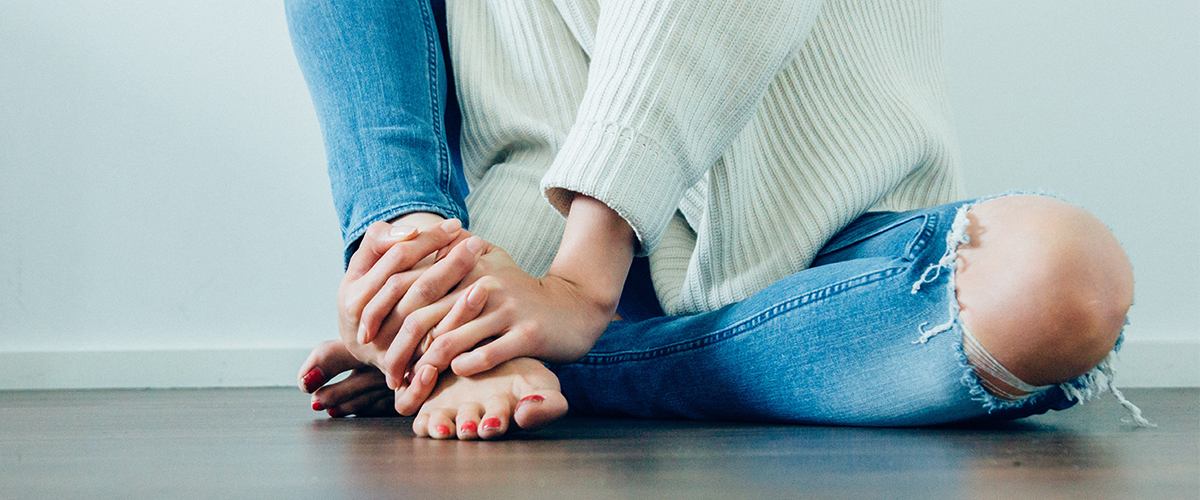
Bring up the topic of women’s low sexual desire and you’re likely to come across a lot of myth and misinformation.
Now UBC faculty of medicine’s Dr. Lori Brotto — a professor in the department of obstetrics and gynaecology, and executive director of the Women’s Health Research Institute — is working with her colleagues at UBC Sexual Health Research to set the record straight.
Leading a new social media campaign, #DebunkingDesire, Brotto exposes some of the common myths surrounding low sexual desire in women.
Myth 1: It’s rare for women to experience low sexual desire.

Dr. Lori Brotto
Actually, low sexual desire is common — one in three women experience low sexual desire. And this rate is fairly consistent across different groups of women. In other words, low desire affects women no matter their age, life stage, ethnicity, sexual orientation or relationship status.
It’s also important to know that it’s very common for sexual desire to fluctuate over time. Sexual desire waxes and wanes over years, months, and even over days. Like happiness, sexual desire is a responsive emotion, which means that it responds to triggers in our environment. In the same way that we feel happy when pleasant things happen to us, we feel desire when there are triggers in and around us that elicit sexual desire.
At the same time, there are barriers to sexual desire that can block the effects of even very effective triggers. Some of these barriers include chronic health conditions, medications, chronic stress, negative thinking, and worries.
Myth 2: Having a satisfying sex life requires having strong sexual desire.
Having low sexual desire does not mean that you won’t be able to have a satisfying sex life. In fact, research shows that one might continue to be sexually satisfied even in the face of low desire, and, on the other hand, having a robust level of sexual desire is not a guarantee for strong sexual satisfaction.
Even the notion of “strong” sexual desire is faulty. It is more accurate to say “effective triggers of desire” or having a sensitive sexual response system that responds to those triggers. The notion of “strong desire” implies that it is something innate and purely biological — this is a fallacy and not at all supported by the science.
Myth 3: I can’t change the fact that I have low sexual desire.
Desire can be changed. When looking at why a woman has low desire, it is important to examine the impact of some of the more common barriers, such as negative thoughts, fatigue, low mood, and chronic stress. At UBC Sexual Health Research, our studies have consistently shown that stress is a very common inhibitor of sexual desire. Women with low desire even show disruptions in their daily patterns of cortisol release that point to problems with their stress response system.
For a lot of women, sexual activity can itself be stressful, leading some women to avoid intimate encounters altogether. Our research has been focusing on the applications of mindfulness-based interventions as a tool for improving sexual desire, and our studies consistently find these interventions work. In fact, one of the mechanisms by which mindfulness improves sexual desire is precisely because of its impact on the stress response system. There are other methods in addition to mindfulness meditation for reducing stress, but mindfulness has received the most robust research attention when it comes to women’s sexual desire.
To join the conversation and learn more about the campaign, visit DebunkingDesire.com.